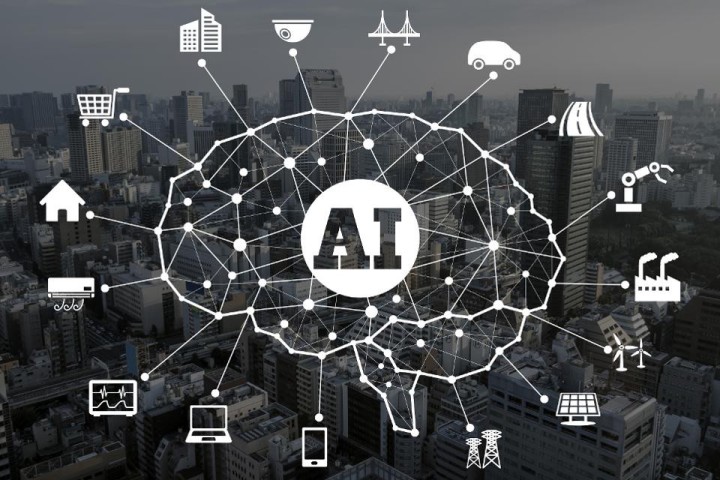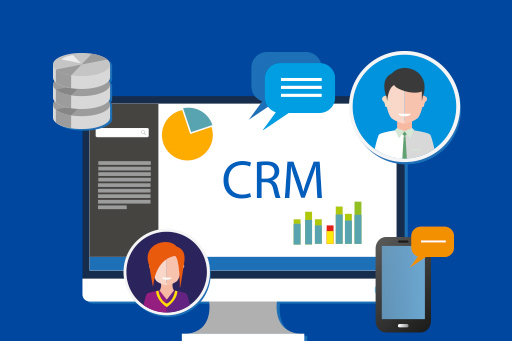Artificial Intelligence is the next big thing in the information technology sector. Artificial intelligence refers to the capability of a machine to analyze a situation and then make a decision based on its inherent logic and requirements. For example, self driving cars use real time artificial intelligence. When a smart car moves on the road, the hardware of the car gives real time feed to the car software about its surroundings. The brain of the car then itself decides the speed, direction and moves of the car based on the information it has. Given the immense potential and already proved applications of artificial intelligence, the government of Telangana has decided to boost this field in its state.

The Scope
Artificial intelligence is capable of absolutely altering the human-machine interactions. While most present day machines act as dumb objects, which respond to human commands, machines which run on artificial intelligence won’t need constant human attention. These machines will not only be capable of repairing and charging themselves on their own, the exciting part about these machines will be their ability to evolve like any other life form. This would mean that every next generation of machines will be more adept to the local requirements and modify itself accordingly without any direct human feedback. Given the fact that human beings are now aiming for inter-planetary missions within the next ten years and looking into the possibilities of starting a civilization on other planets outside earth, smart machines can definitely help humans in this process.
The Past
Telangana already has a strong infrastructure for the information technology sector. A hoard of multi national companies are based in Telanagana and the state has contributed significantly in the development of information technology.
The Present
The government of Telangana is tying up with the National Association of Software and Service Companies (NASSCOM) to set up a Centre of Excellence for Data Science and Artificial Intelligence centre in Hyderabad, the capital of Telangana. The government hopes that indigenous research in data science and artificial intelligence can make a huge social impact, specially in the public health sector. Artificial intelligence is already being used by several companies in the fields of transport, finance, data analysis and communication. The government wants to consolidate and streamline the efforts in this direction by building state-of-the-art infrastructure for research in the fields of data science and artificial intelligence.
The government is investing around 40 crores rupees in a joint public private initiative to develop infrastructure for data science and artificial intelligence research. The local government wants to streamline the ongoing efforts in this direction and amplify the impact that the local professionals can create at the global level.
The future
The recent developments in data science, combined with the rise in the speed of computing, specially with growing potential of quantum computing, can alter the entire human machine interaction process in the coming future. It is expected that the artificial intelligence and data science industry is capable of generating billions of dollars in revenues by 2025. At the same time generate employment for around 150,000 professionals in the coming 10 years.
Datamites Institute is providing Artificial Intelligence (AI) training in Hyderabad. If you are looking to AI training course contact Datamites.
